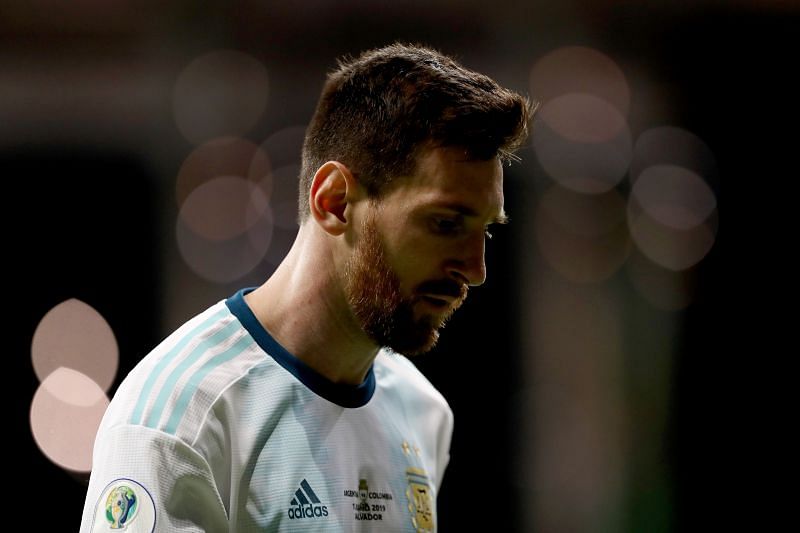
Lionel Messi - the reluctant captain
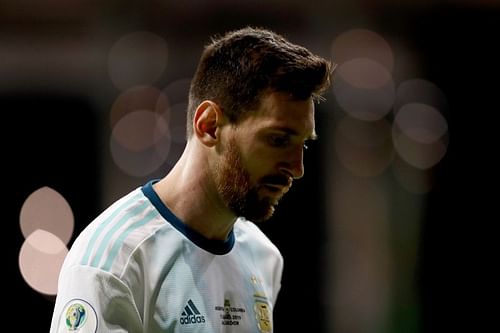
It has to be acknowledged that a good leader is necessary to motivate a team of individuals, not only in sports but in all aspects of collective endeavour. A leader is a motivator, a person who inspires a team and upholds their collective identity. Strong leadership is especially important in sports, particularly in football. In this regard, it has been commonly observed that Lionel Messi, arguably the greatest player in football history, is not a shining example of a good leader.
Many football experts opine that Lionel Messi, the diminutive six-time Ballon d’Or winner, is too quiet and lacks the charisma and personality to transform his team into a hungry motivated unit. It therefore becomes necessary to consider this aspect of Lionel Messi’s game objectively, as it could influence the way his career is perceived after he hangs up his boots.
Leaders are often extrovert personalities
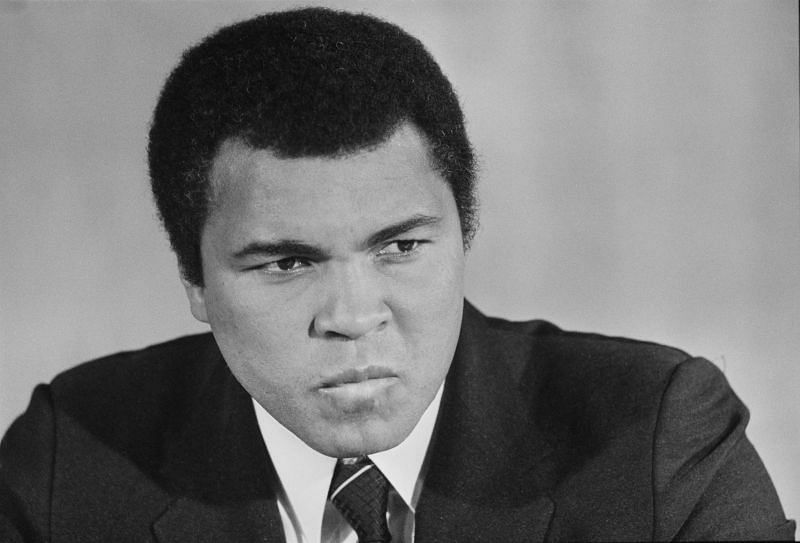
In a general sense, there are three types of human personalities: the introverts, the extroverts and the ambiverts who fall in between the introvert-extrovert spectrum. This is obviously basic psychology, but what becomes necessary to remember is that throughout the history of competitive sports, extrovert figures have always been known to inspire others into taking action.
Let us take the example of Muhammed Ali. The American is widely considered to be the greatest boxer of all time, but he was not exactly an ideal example of modesty and humility.
"I am the greatest," Ali openly proclaimed before the cameras, in what has today become an iconic phrase. Ali was no captain of a team, but he had all the requirements to be one.
Zlatan Ibrahimovic, known to be Sweden’s greatest ever footballer, considers Ali his role model. The 38-year-old footballer himself seems to have incorporated many of Ali’s traits.
Diego Maradona and Pele both consider themselves to be the greatest. Even Samuel Eto’o, a former Cameroon international and Barcelona superstar, in an interview claimed to be among the best ever footballers.
Once, when a reporter asked Rio Ferdinand and Cristiano Ronaldowho they thought was the best footballer in the world, Ferdinand took the name of Maradona, but Ronaldo replied that he considered himself to be the best.
"In my mind, I am the best."
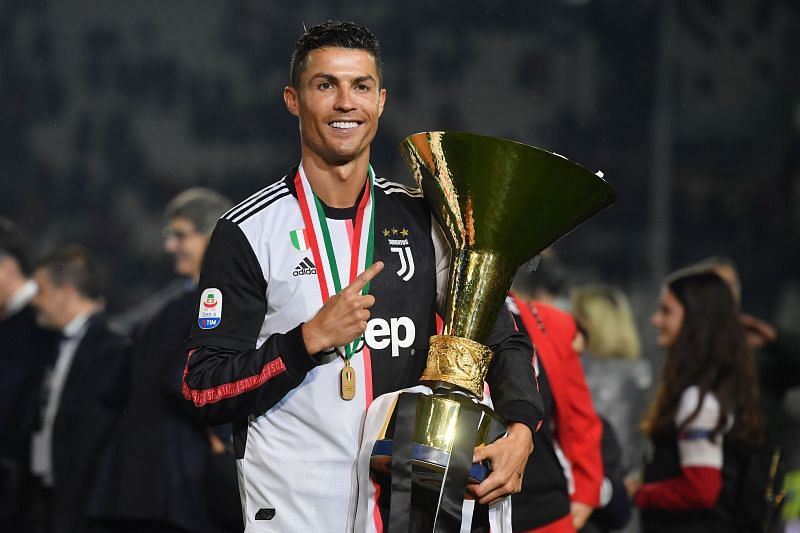
It becomes interesting that when we take into account all these personalities: Muhammad Ali, Zlatan Ibrahimovic, Diego Maradona, Pele, Samuel Eto’o and Cristiano Ronaldo, it becomes instantly clear that all these individuals share the same traits.
All these icons have massive egos, fuelled of course by their winning-mentality and sense of achievement. In other words, all these players are considered to be greats, but what is more important is that they themselves believe that they are great.
All of them also share another important personality trait: charisma. It is an oft-overlooked aspect of the human personality, but exceedingly necessary in a team leader or captain.
Charisma is the ability to transmute and transfer on to others, one's own sense of confidence and motivation. It is a charm that inspires devotion in the other individuals of the group. Therefore, the charismatic leader becomes sacrosanct; his words too valuable to be trifled with, his instructions too important to ignore.
Lionel Messi likes to lead by example but struggles to inspire his teammates
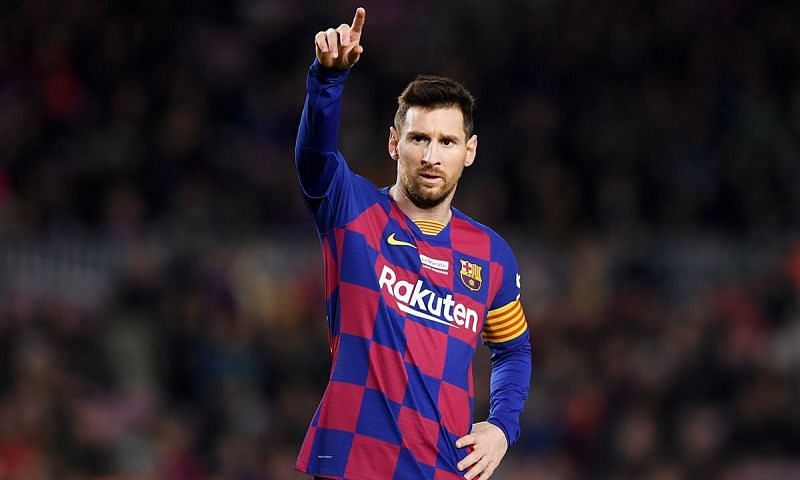
The ideal captain must not only be gifted in his own craft, but he must also be able to inspire others to raise their game.
Lionel Messi may be supremely confident of his own abilities but has distinctly come up short in inspiring his teammates, something that gets more pronounced when he puts on the Albiceleste jersey.
Every time Lionel Messi plays for Argentina, he seems to undergo a mental block. Perhaps he knows in his mind that his defenders are error prone, or that his midfield lacks both Barcelona's quality and depth, Such excruciating thoughts negatively impact his game.
Perhaps what makes Lionel Messi a remarkable case study is that he is one of those players who leads by example. Lionel Messi has always been a quiet, shy, introvert figure, but what we must never forget is that throughout his youth, he has been surrounded by such figures.
Andres Iniesta, Lionel Messi’s colleague and former captain at Barcelona, was a similar personality. Iniesta was also quiet and liked to talk through his performances. Xavi Hernandez, under whose captaincy Barcelona last won the UEFA Champions League in 2015, was also of the same vein.
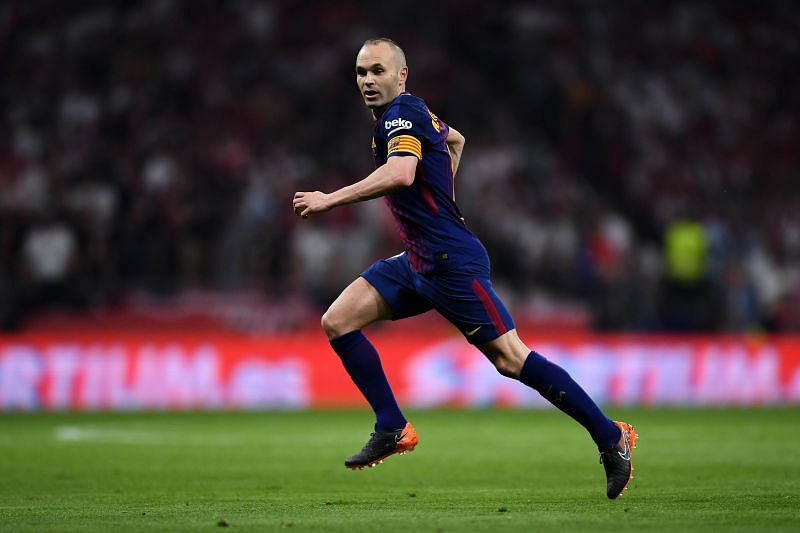
It is good to lead by example through your performances, but a good leader must also be vocal. The ideal leader must have a compelling and persuasive voice that raises the morale of his teammates. Diego Maradona is a good example in this respect.
He led Argentina to World Cup glory in 1986 not only through his spectacular performances but also by rallying his troops on and off the pitch. The fact that Maradona repeated the same feat with SSC Napoli, almost singlehandedly winning the club's only two Serie A titles in history, suggests that Maradona’s achievements as captain were no fluke.

Maradona did indeed have the personality traits of a good leader, although he was hardly the ideal player on the field or off it.
Has Lionel Messi been a successful captain?
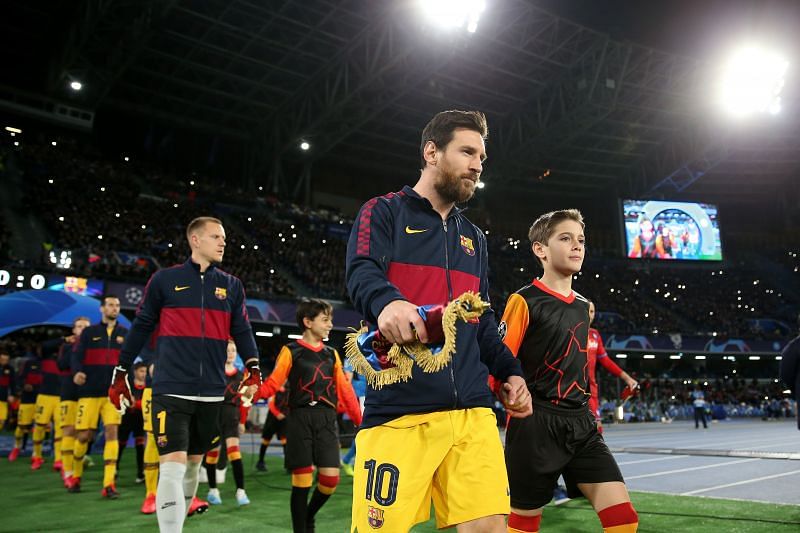
Lionel Messi does not publicly proclaim himself to be the greatest player in the world, but has stated many times that he would rather be remembered as a good human being. Such sentiments, although praiseworthy, do not help in building the personality of a strong leader.
A leader must inspire his team to snatch victory from the jaws of defeat; he must fill his team with a burning desire to win and succeed. In this respect, Lionel Messi is not an ideal captain.
Lionel Messi is a great player, perhaps the greatest ever, but his shy personality inhibits him from fully influencing and inspiring his team. His weakness as Barcelona captain has been tellingly exposed when he could not motivate his team to bounce back after the horrendous show at AS Roma where Barcelona squandered a three-goal first-leg advantage.
A Carles Puyol would never have let that happen. In fact, Barcelona have never been able to replace Puyol’s leadership qualities in the Camp Nou dressing room.
Although Lionel Messi has been the victim of poor boardroom decision-making, both in the national team and at Barcelona, the Argentine great must still shoulder some of the blame.
On the pitch, Lionel Messi always comes up with solutions, producing goals and assists in almost every game. But that only increases his team’s reliance on him, making his job harder still. An ideal captain uses his or her personality and influence to get the desired results from their teammates, something Lionel Messi has struggled to do.
Lionel Messi’s teammates have let him down more often than not, and he ought to intervene and ask them to raise their games. Lionel Messi is the leader who leads by example, but he must also ensure that others follow his example.